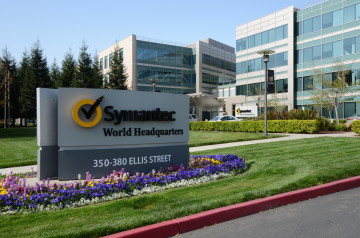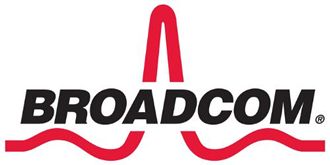 AWS, APC, Citrix, Huawei, McAfee, Microsoft, Symantec, Veritas and VMware are lowest-scoring vendors in a channel management survey according to research outfit Canalys.
AWS, APC, Citrix, Huawei, McAfee, Microsoft, Symantec, Veritas and VMware are lowest-scoring vendors in a channel management survey according to research outfit Canalys.
The Canalys Leadership Matrix was based on more than 2,700 responses from EMEA channel partners who were asked to rate their vendor partners across ten areas of channel management.
Canalys divided the results into four: “Champions”, “Growers”, “Contenders” and “Stragglers”, the survey also judges vendors on how their standing in the Leadership Matrix has changed.
Nine companies were placed in Canalys’ “Stragglers” quadrant, reserved for vendors that “have shown significant weakness in areas of channel management” or “have seen a deterioration in partner relationships, either by choice or mistake”.
AWS, APC, Citrix, Huawei, McAfee, Microsoft, Symantec, Veritas and VMware were all named as channel Stragglers in the survey.
Vole and VMware, two firms which have “highly successful businesses built on sales via partners,” were named and shamed in the report with Canalys saying that there was “a growing wave of channel dissatisfaction with both brands”.
Dell EMC’s appointment as an “official distributor” of VMware licences last year dealt a blow to its resellers and distributors and likely prompted a fall from grace among partners.
Canalys claimed that Microsoft, meanwhile, has been “accused of squeezing channel margins” through its Cloud Solution Provider partner programme.
The top-scoring vendors in the survey included Fujitsu, Cisco, Lenovo, Palo Alto Networks and Veeam. Canalys said that Cisco’s quality of technical support for partners remains unparalleled when compared with its competitors, while Lenovo’s “Channel 2.0” initiative, which sought to simplify partner incentives, was well received by the channel.
Apple’s overall rating was still relatively low compared with its peers, and its resellers still suffer from “low margin potential” and “rigid terms and conditions” from the vendor.
 Insecurity experts Rubrik have appointed former Microsoft chairman and Symantec CEO John Thompson as its lead independent director.
Insecurity experts Rubrik have appointed former Microsoft chairman and Symantec CEO John Thompson as its lead independent director.
















